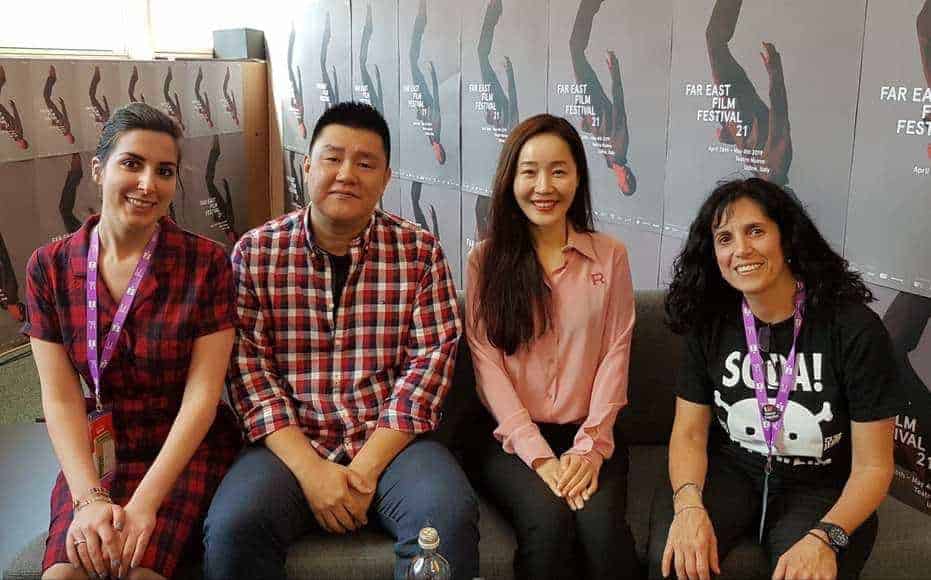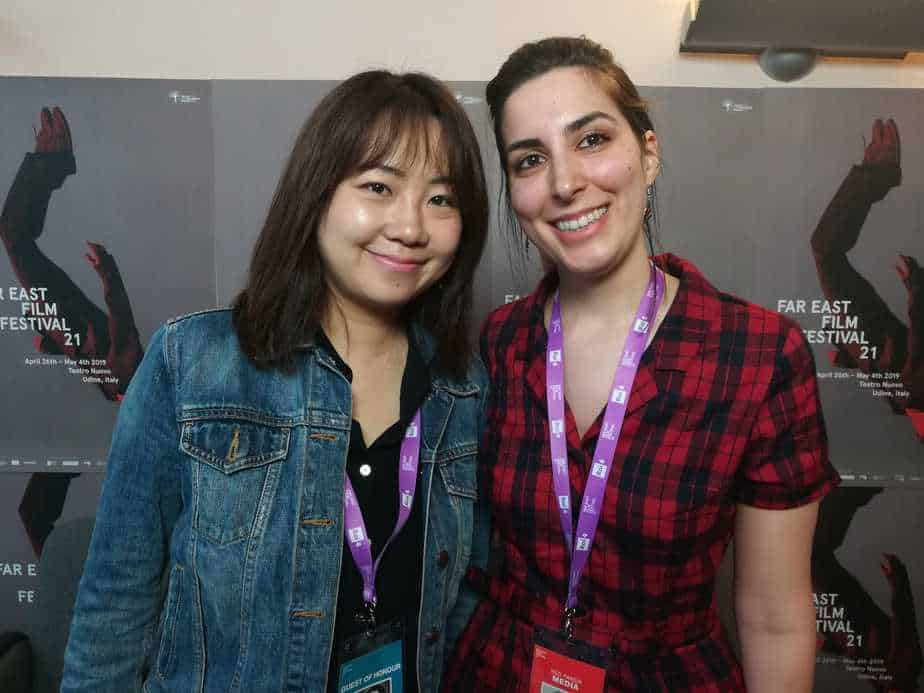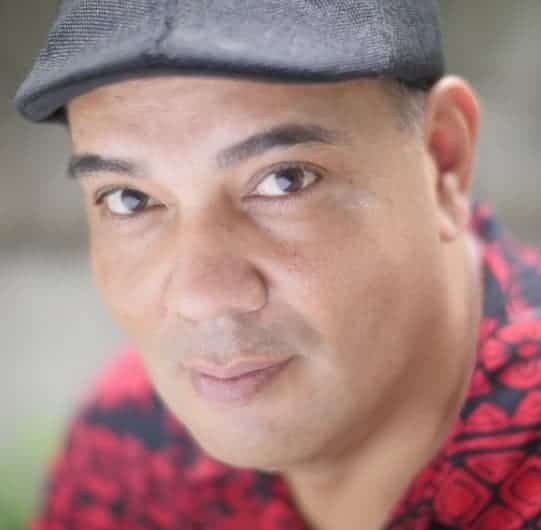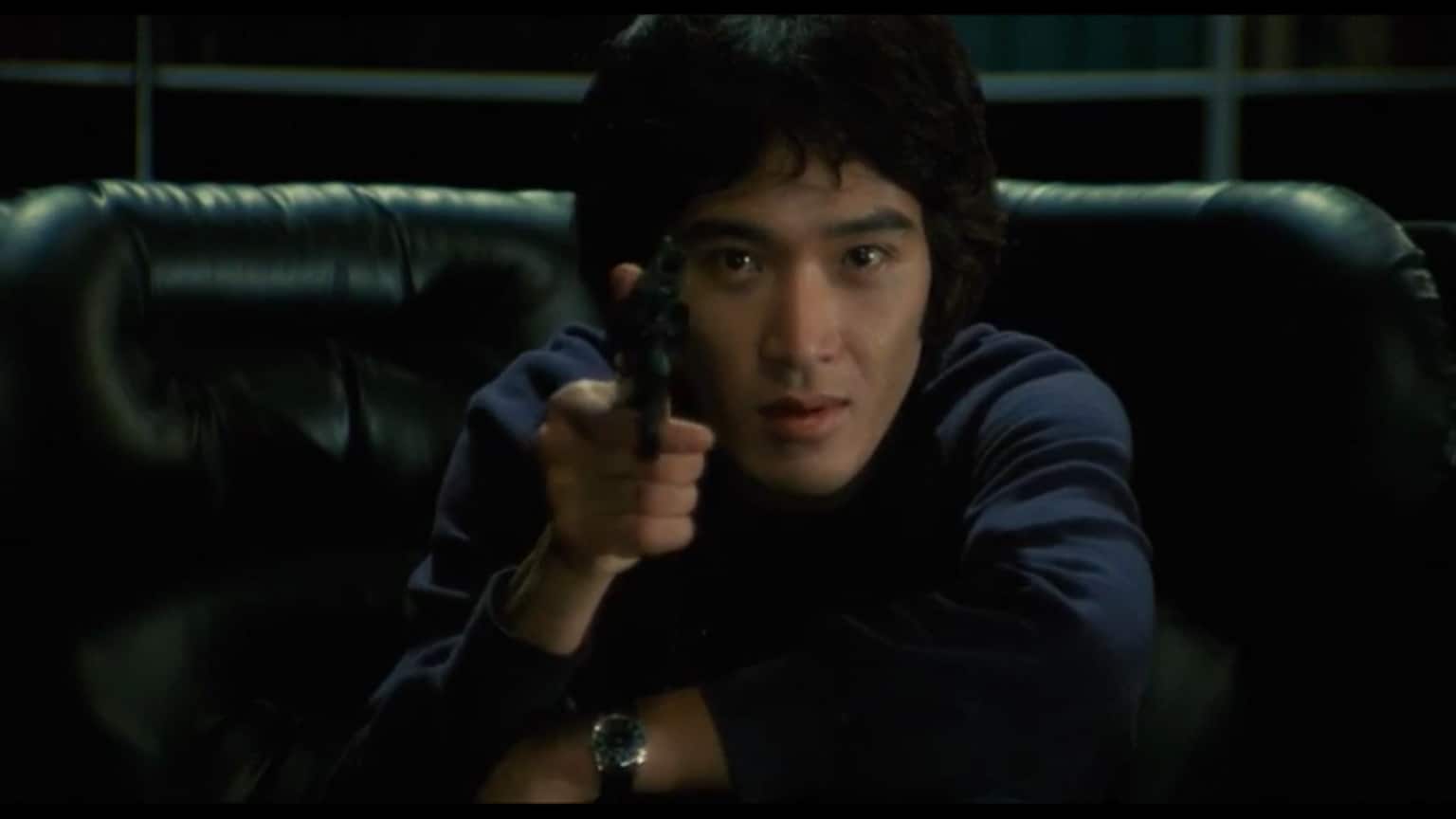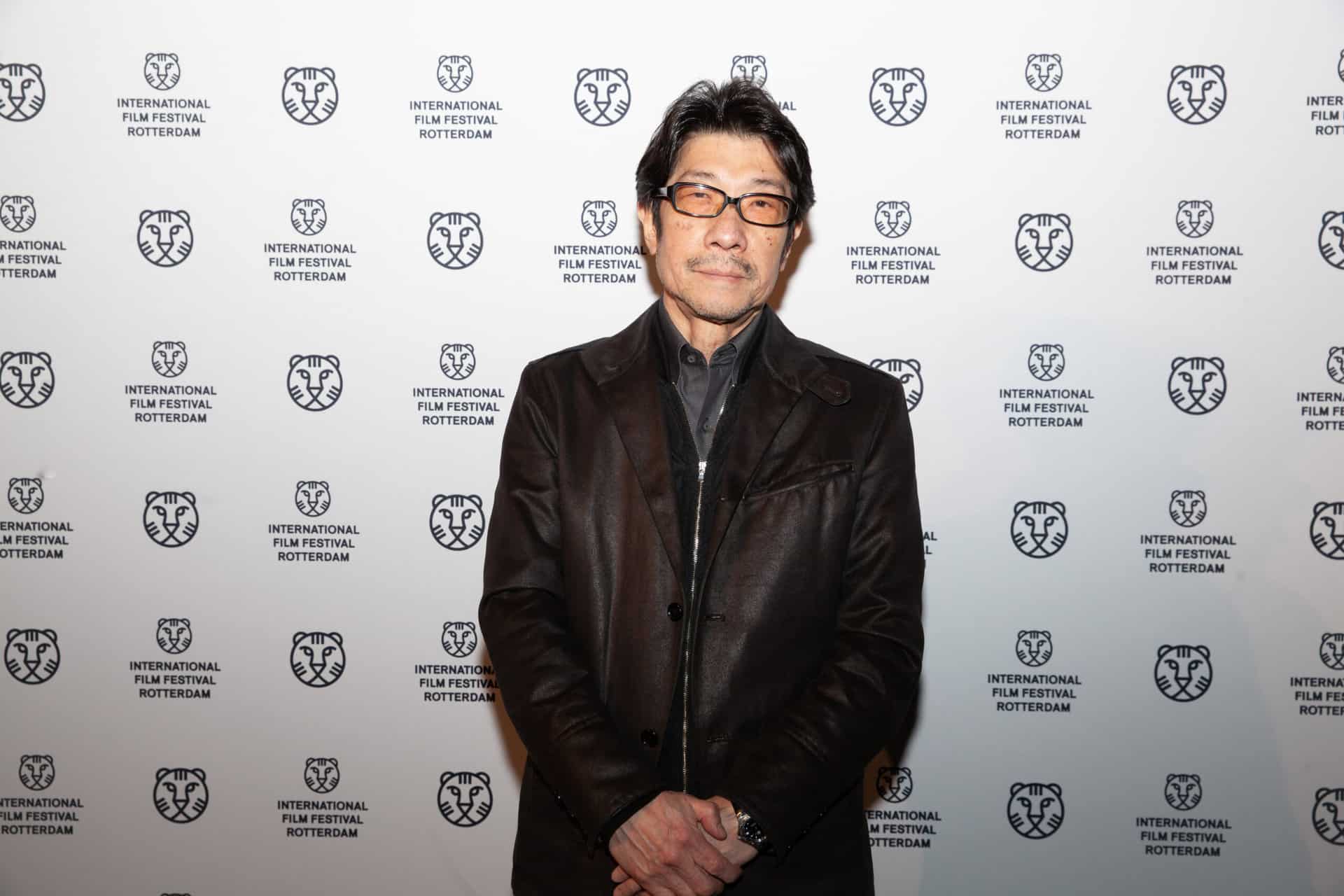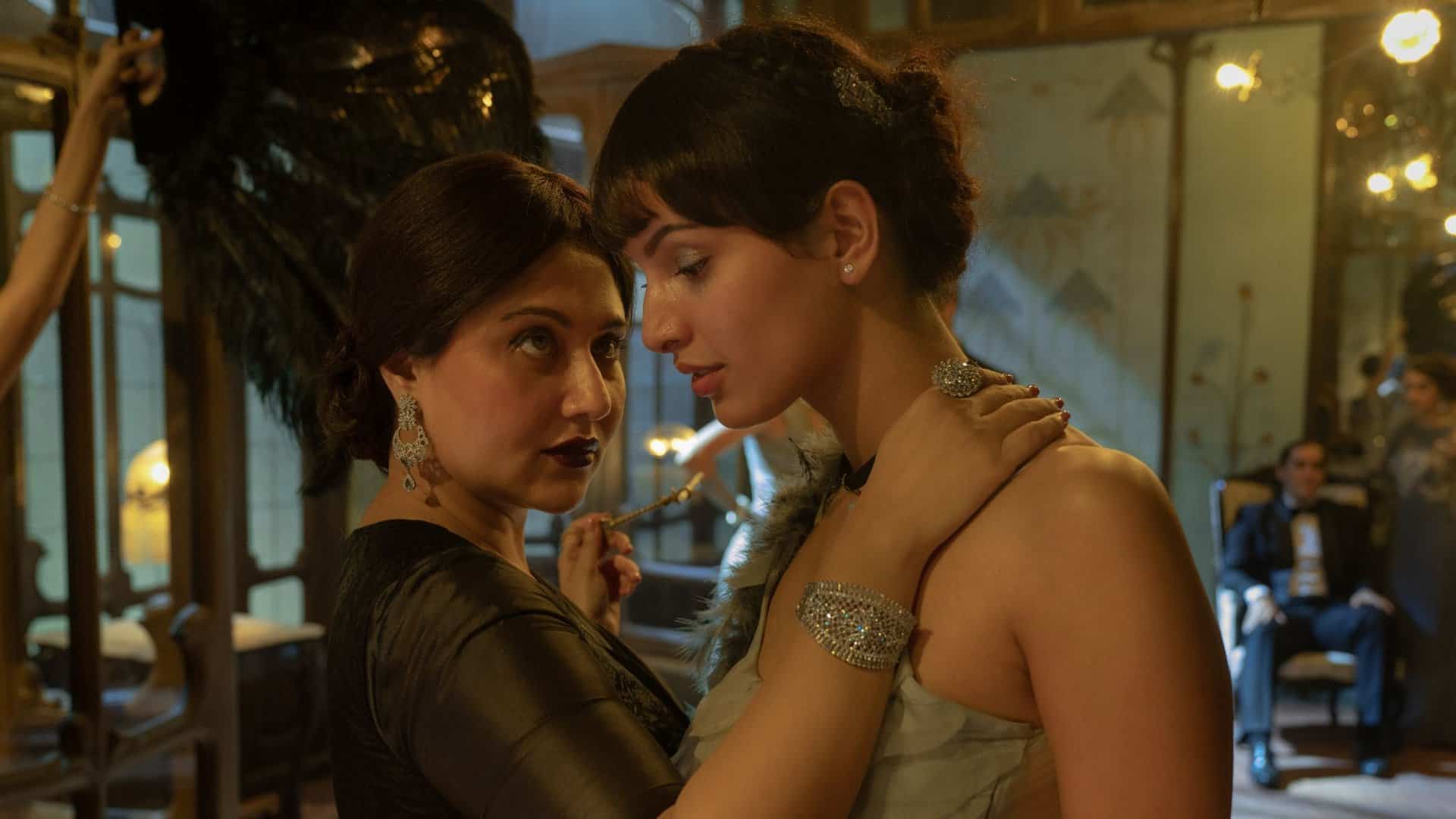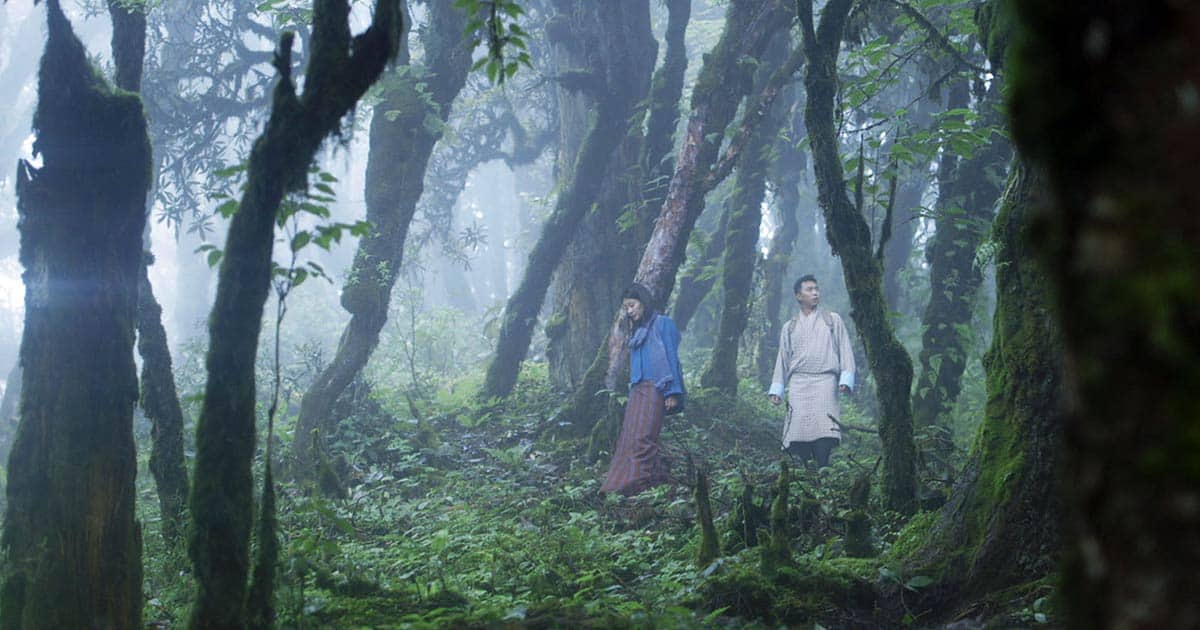By Adriana Rosati & Oriana Virone
Lee Min-jae worked as an editor for “Man of Vendetta”, “The Longest 24 Months”, “A Good Day to Have an Affair” and “Just For You”.
“The Odd Family: Zombie on Sale” is his directorial debut.
Uhm Ji-won made her acting debut in the late 1990s, and after an early role in the Korean tokusatsu series “Vectorman”, went on to appear in a number of films and television drama series. She starred in two Hong Sang-soo movies, “Tale of Cinema” and “Like You Know it All” and in 2011, she appeared on an episode of BBC World's The Third Eye, a documentary series that spotlights up-and-coming countries. In 2013, she starred on “Hope”, which netted her the Best Actress Award at the Korean Association of Film Critics Awards, and received nominations at the Blue Dragon Film Awards and the Baeksang Arts Awards. This year, she starred in “Spring Turns to Spring”, “The Odd Family: Zombie on Sale” and did voice acting for the Japanese anime movie “Doraemon: Nobita's Chronicle of the Moon Exploration”
On the occasion of their film “The Odd Family: Zombie On Sale” screening at “Udine Far East Film Festival“, we speak about comedic zombies, shooting in the old-fashon way and … cabbage.

It's hard to believe that this movie was a directorial debut. It's very impressive. How did it all happen?
Lee Min-jae: I majored in directing at University, but after graduation I worked as an editor. Moreover, my wife is a screenwriter. We wanted to make a film that we would want to watch. It took us almost 10 years to write the scenario together and to prepare the movie.
Since “Train to Busan”, there has been a lot of zombie films coming out. This one is very different because of its comedic perspective. Why did you approach this topic that way?
L M: When I was developing the movie, I wasn't intending to make a comedy. I knew that I wanted the overall genres popular in Korean films to be in the movie, and I wanted to make this something special. And of course, zombie films are always great!
(to Um Ji-Won) What made you decide to work on this project?
Um Ji-Won: I like the concept of the scenario, it's a very unique scenario. Normally, the zombie genre is more connected to the horror genre. Here, it's using that kind of ironic situations and I really liked it. Normally, I play the lead character, (and there is no kind of family) but here, the whole family acts as a character. Families are very organized in the countryside and they stick to each other, and each character is very unique. I liked the character very much. I thought she was quite unique. She is very strong, she doesn't talk, she doesn't show emotions. It is a very different character from the usual roles for an actress. Nam-joo is a new, different independent female character. When I first read the script, I said: “Oh that's great, it's a very uncommon concept, I want to do that” and that is why I joined the project. Also, all the other actors are very great Korean performers. Of course, Jjong-Bi (NB: played by Jung Ga-Ram, winner of the Best New Actor at the Grand Bell Awards in 2016 for “4th place”) is a new-comer. But except from him, the other actors are all seasoned actors and I wanted to work with them.
I saw in your film a certain take on masculinity. All the women are very strong and decision-makers. All the mess happens because men want to become more masculine and younger. In fact in the first half of the film, all the zombies are men. Was that intentional?
L M: I thought that the desire to become younger and sexually really powerful might be a general instinct, all over the world, for men. Also, when you see the wedding scene, I intentionally divided male guests and female guests. Eventually, male guests attack the female guests. But in the end, when you are young and when you are in trouble, you go to your mother. When you become older, you go to your wife. In the end, it's women who lead the world. Maybe it's just me, but that's what I think.

Um Ji-won, you are known for preparing your roles very well. You have done so many different characters. How did you prepare for this role and did you add something to the character yourself?
U J: I am always developing characters. Scenario-wise, Nam-joo already has a very unique character. She is a very strong woman. Usually, when I do the development and portraying of the characters, I want to look different. Everybody knows, every Korean knows how Ji-won looks like, so here I wanted to look different. People are used to my face, so I wanted to change my face, and change my facial expression, and act. Normally I play more feminine characters, so this time I wanted to act differently, talk differently and have less acting and less lines. For me, it was kind of experimental and it was fun.
L M: I wanted an actress who wasn't a comedy actress, but one from other, completely opposite genres, like drama or romance. I wanted to have a clash between the preconceived image and the character. For the actresses like Ji-won, with a big career, I thought it wouldn't be easy for her to decide to join the project. I am really grateful. Eventually, she made Nam-joo's character more concrete and made her come to life.
In the film, there is a lot of slapstick comedy. What was it like for you, were there any really funny moment for you and the cast on set?
U J: There were a lot of funny moments. Joon-gul and Min-gul (respectively Jeong Jae-Yeong and Kim Nam-Gil) original characters are very humorous. While we were shooting, my concern was to not smile, especially with Nam-Ju, but the thing is that they are very funny guys. So I had to make a concentrated effort not to laugh.
When we shot the scene of the reopening of the gas station, we had limited time as it was at sunset. After the whole family takes a picture in front of the gas station, my character gets emotional and I really wanted to dig into that emotion. I was trying to focus on my emotions but they were both screaming and making jokes etc. And the sun was going down, we didn't have time, only 15 minutes- only 2 takes- and I got pissed off. Joon-Gul said “Min-Gul, you shut up, you are ruining her emotions”. Min-Gul said: “But then you re ruining MY emotions”. In the end, we didn't have time so we just did it. We did it in only one take. That kind of funny situations was happening almost all the time.
L M: The shooting was done in an old fashion way, which is very unusual. Nowadays, many scenes are shot separately and in different places but we shot the movie in 3 months, on location and the whole cast stayed together for the whole time in this little village, showing tremendous commitment to he project. We started in winter and the temperature was below zero! We became a real family while shooting, so we played around a lot.

Why a zombie – or Jjong-bi – who is almost vegetarian and loves cabbage?
L M: We (the scriptwriter and me) didn't want to make a violent, gory film, but of course, zombies are supposed to eat brains. As it happens that we are married, one day we were in the kitchen cooking together and thinking about it and our glance fall on a brain-shaped cabbage and we both had the same idea!
The title is “The Odd Family”, but that family wasn't that odd. They are dysfunctional, but every family is, and in the end, it works out because they stick together. Would you agree with that?
L M: Yes, in fact the title “Odd family” is not about the original family. It becomes the “Odd family” when Jjong-Bi joins them. Also, all the ironic situations and events happen within the family – so the family can be the micro-universe or the whole universe. That is why putting the family at the center is important. Also, family is the only thing you cannot chose. You are destined to be born with your parents, you cannot choose. I think it's almost the only thing in our lives that you cannot chose.
You studied as a director, but you career was in editing. What was your biggest challenge becoming a director and what brought you the most joy with this project? Are you going to carry on directing?
L M: The most joyful moment for me was when we got all the investors and actors on board. It's a commercial film but with a twist, so it wasn't easy for the investors to jump into the project and also for other people, like the actors, to join. Right after they read the script, they said yes. That was the most joyful moment for me. At the same time, I wondered why they chose this film, why they believed in this project. In terms of what is next, film is the only thing I want to do. Of course I learned a lot being an editor, but eventually it's other people's films, it's not my own films and I wanted to make my own films. My wife, the screenwriter, she gave me a lot of support and energy that allowed me to carry on.

The audience's response yesterday was great. How did it make you feel being here and getting this kind of response?
U J: I wondered if that was the usual reaction…
It was much bigger than usual!
U J: I suspected it but wanted to confirm (she laughs). We were happy last night, watching the movie and laughing together; the reaction made us emotional, we were very happy. In Korea, the movie was released a few months ago, and they were good reactions. But in Udine, it was bigger because people were clapping during the movie. The reaction was like in a movie, it was very cinematic.
L M: First, I was happy to be invited to Udine because one of my favorite directors is Fellini, and I was happy to present my film in his country. During the screening here, I was also wondering if the audience's reaction was the same at every screening. After the screening I heard that it was bigger than usual. I got overwhelmed and I walked back to the hotel enjoying this feeling.
U J: Thank you to the audience of Udine


